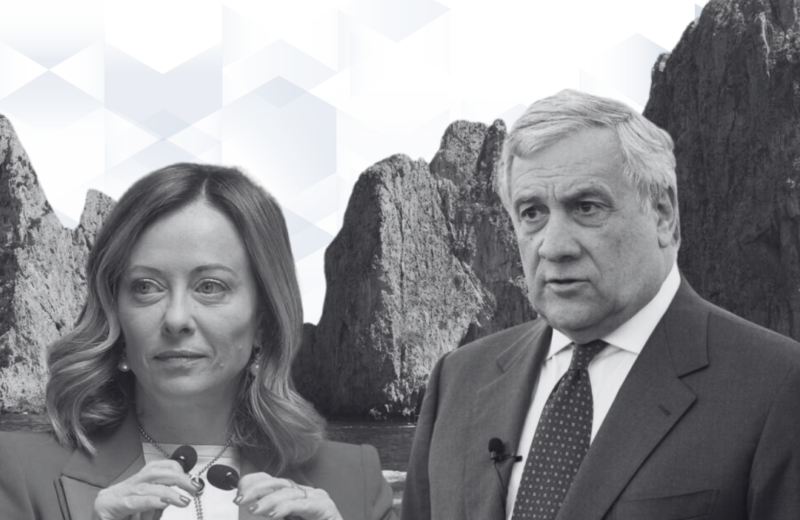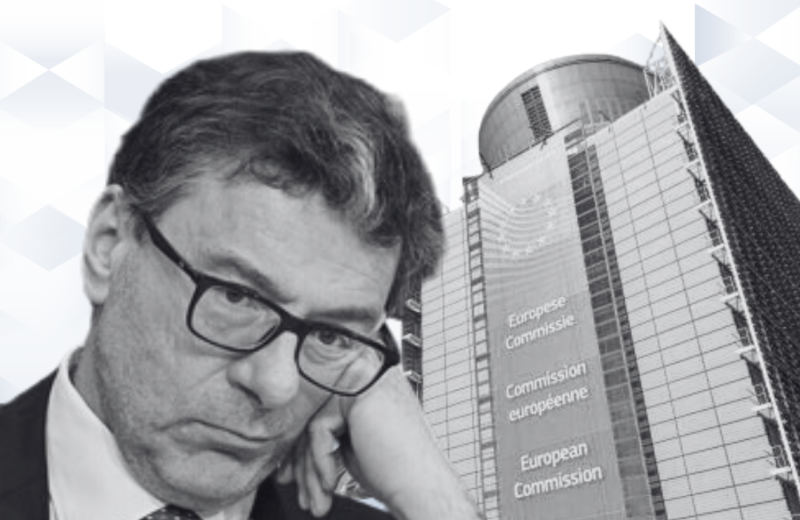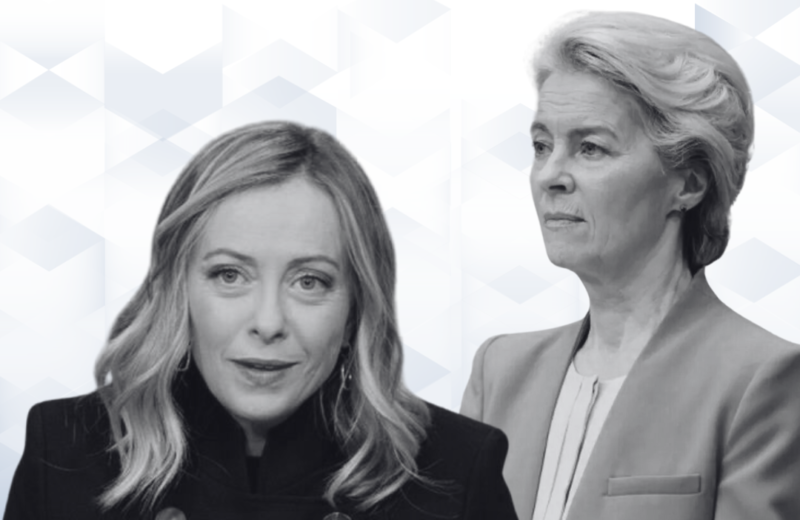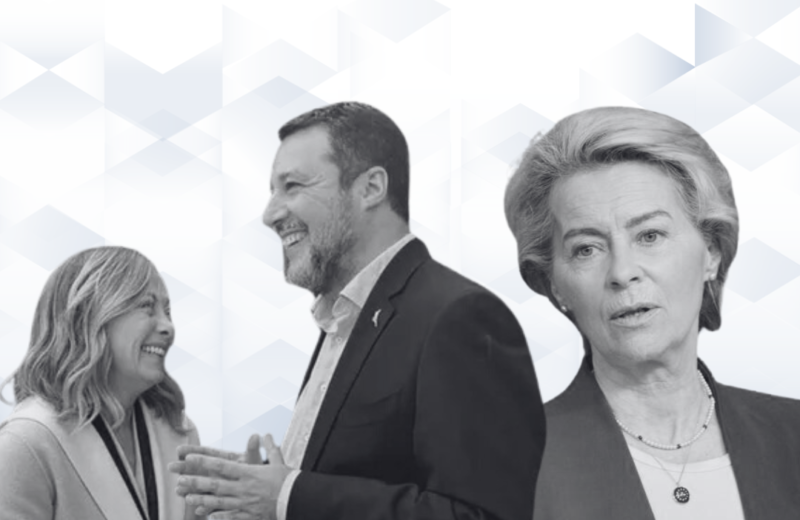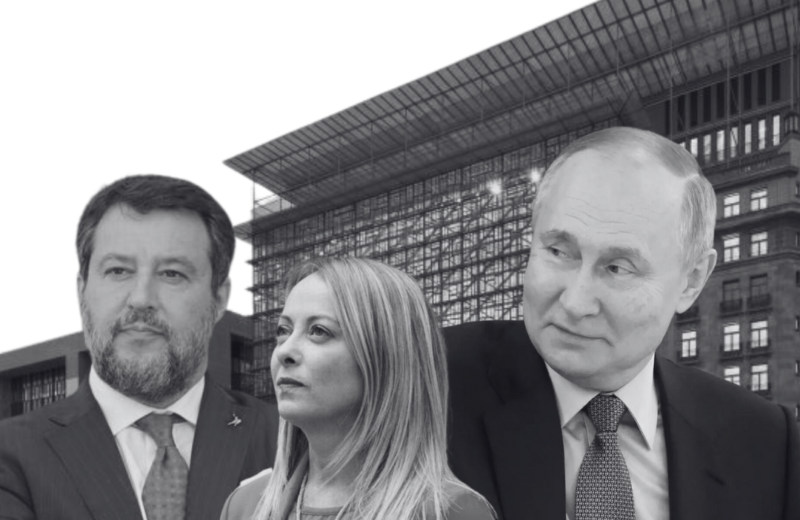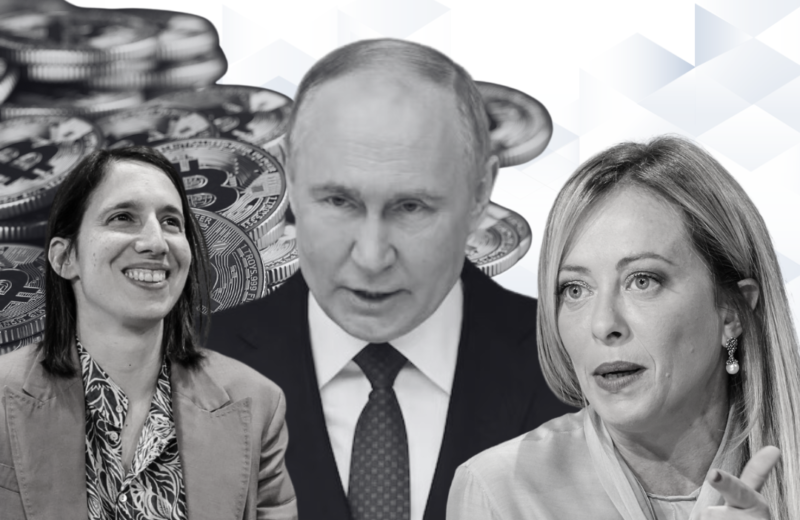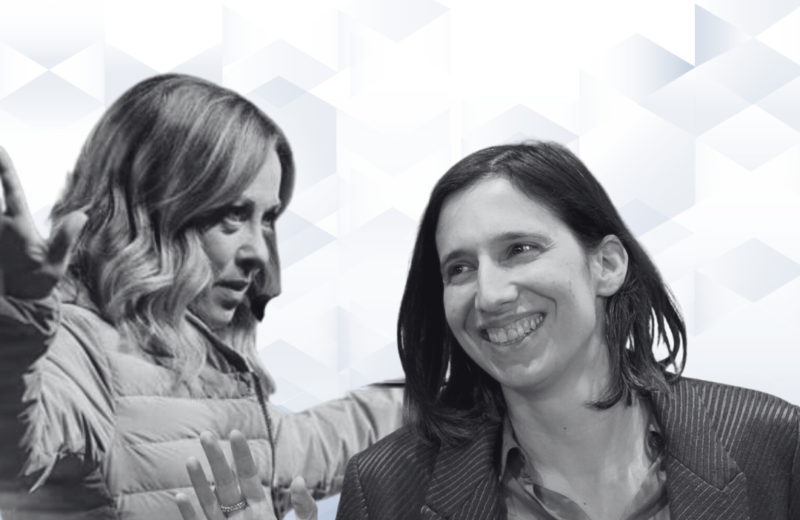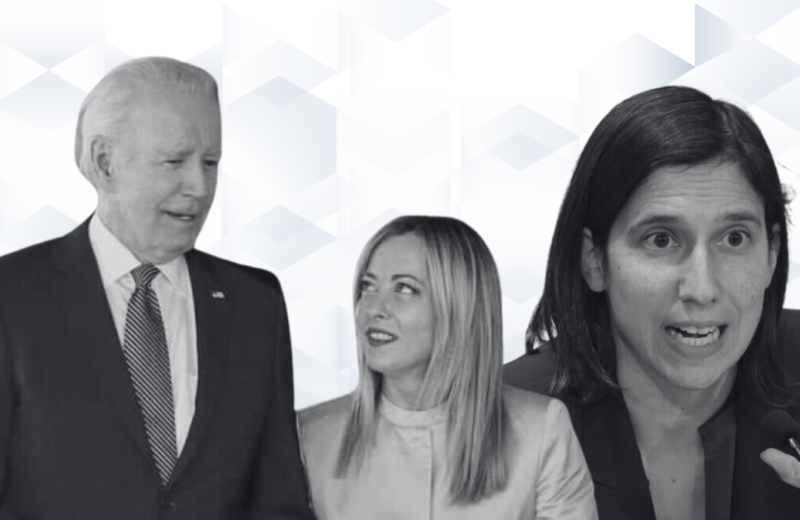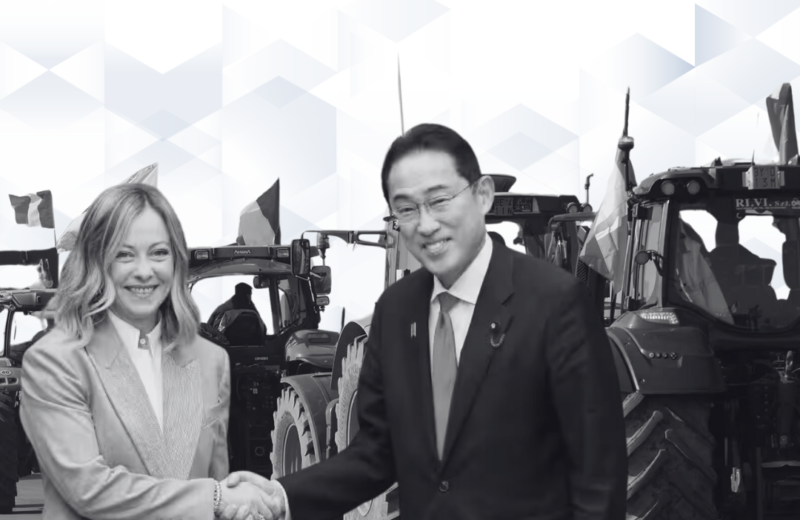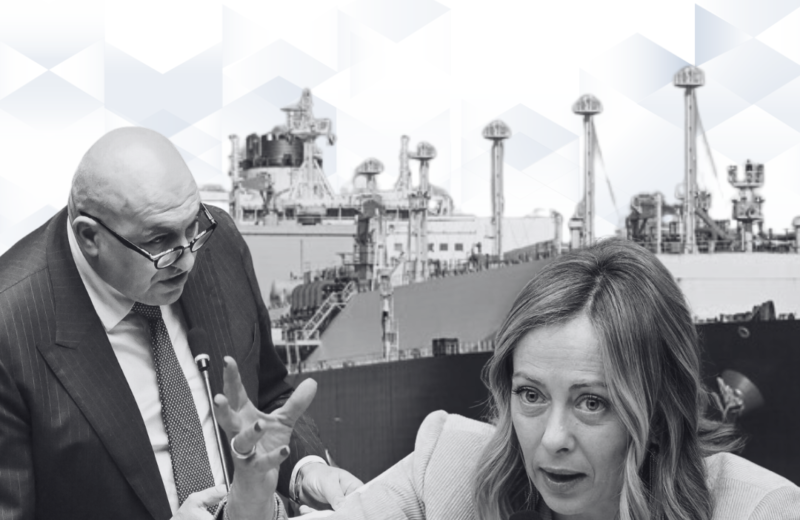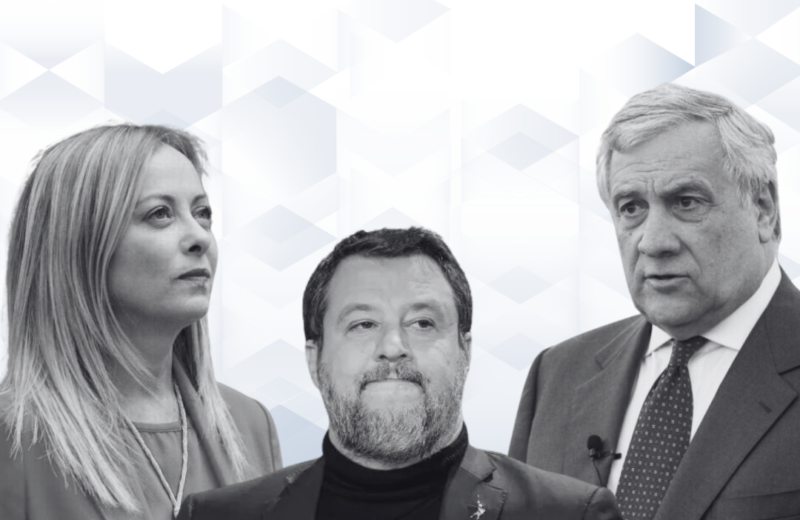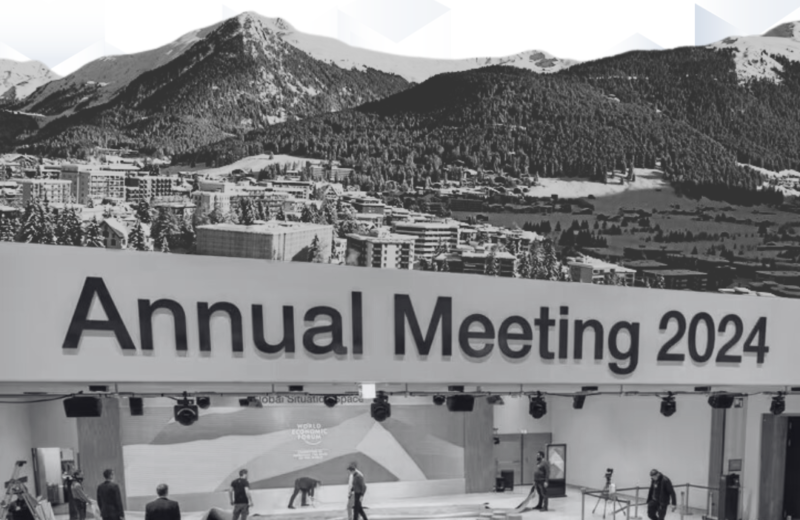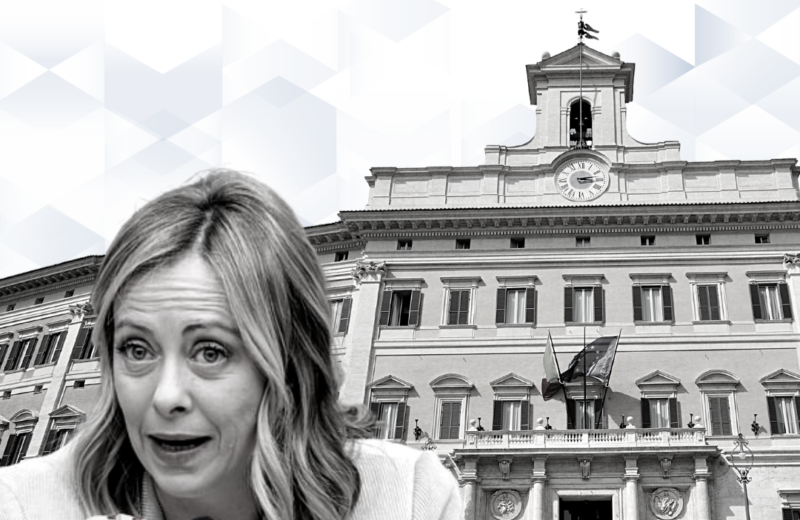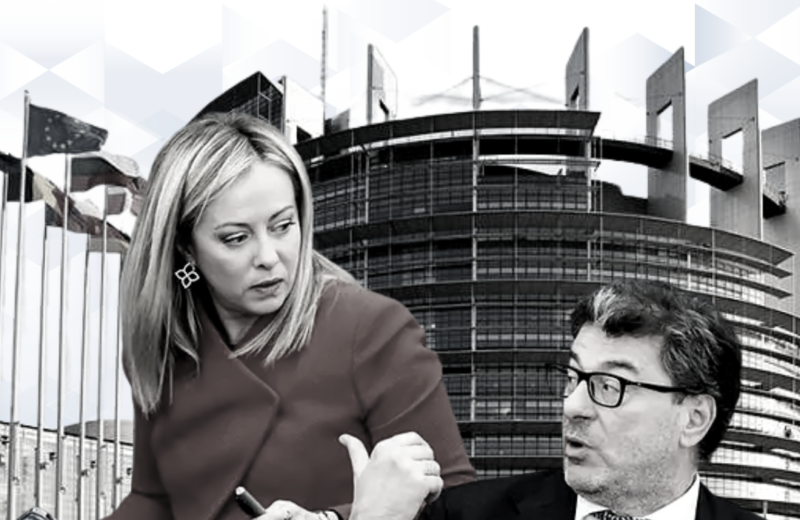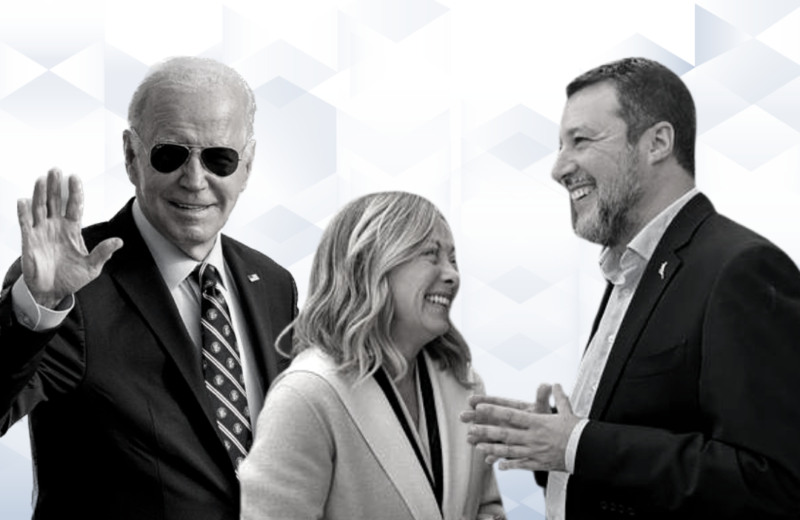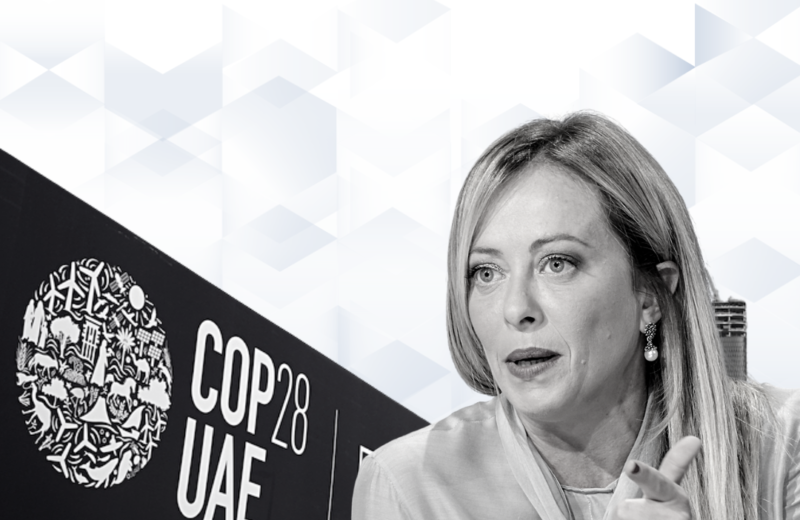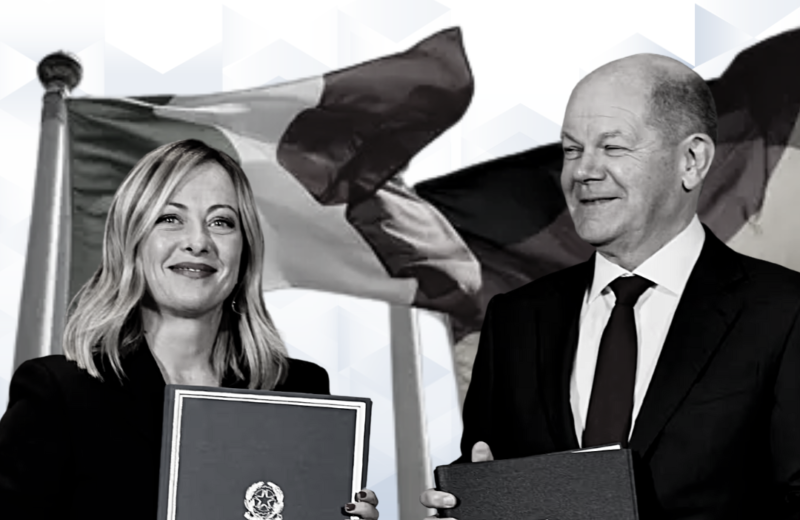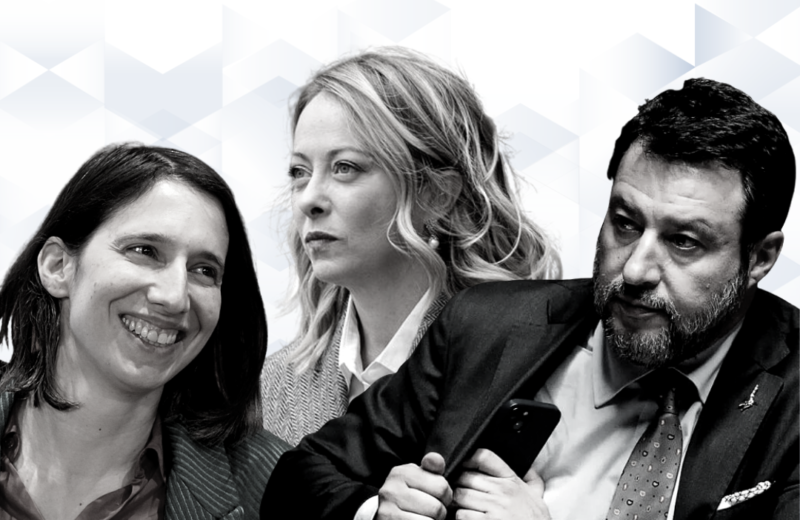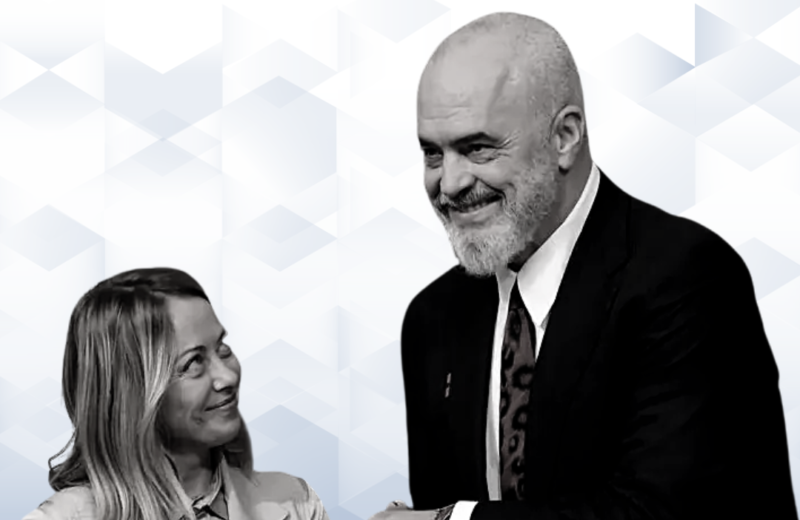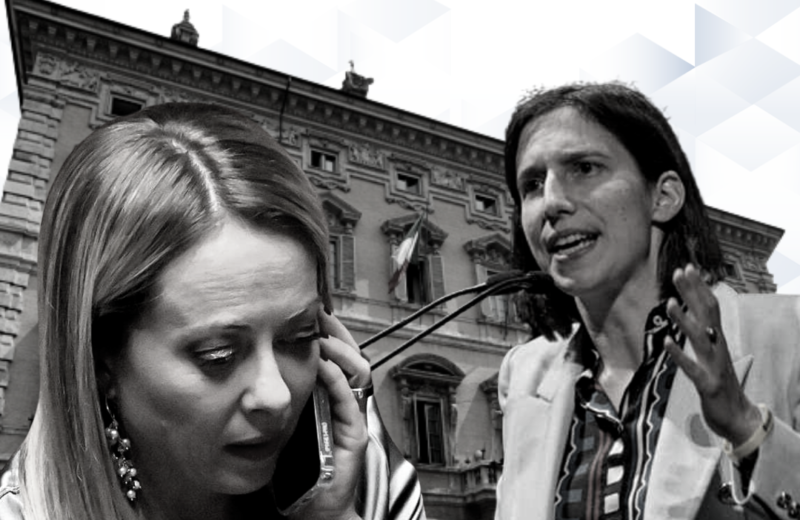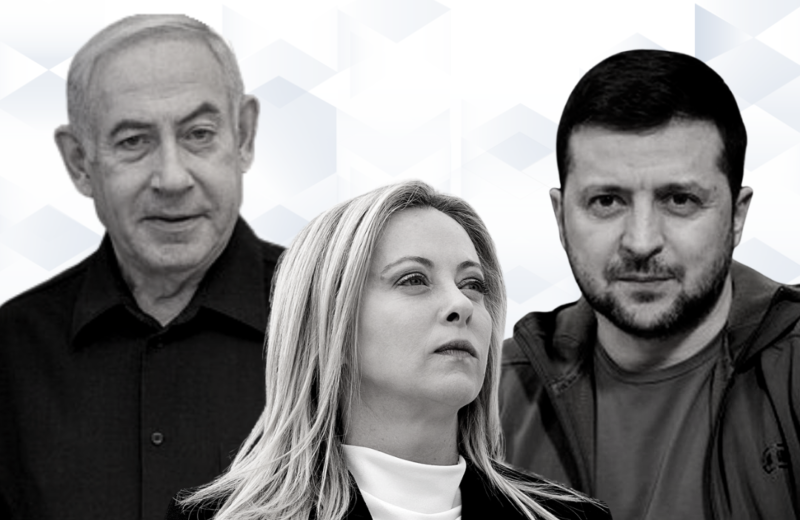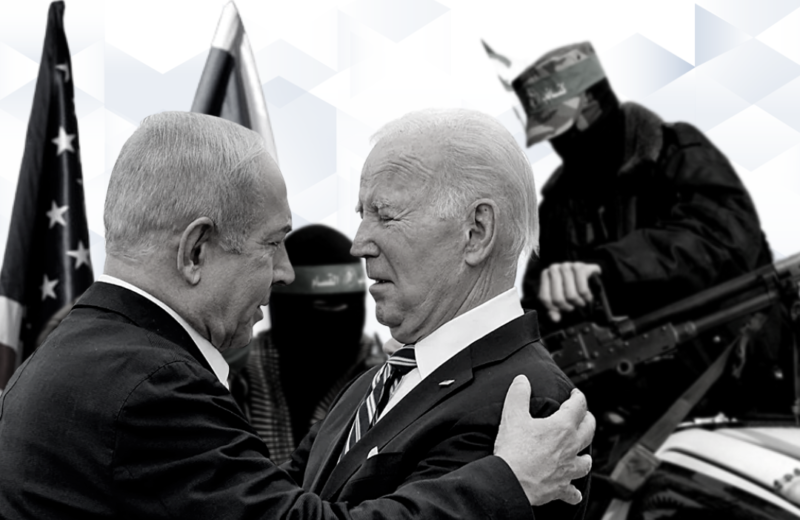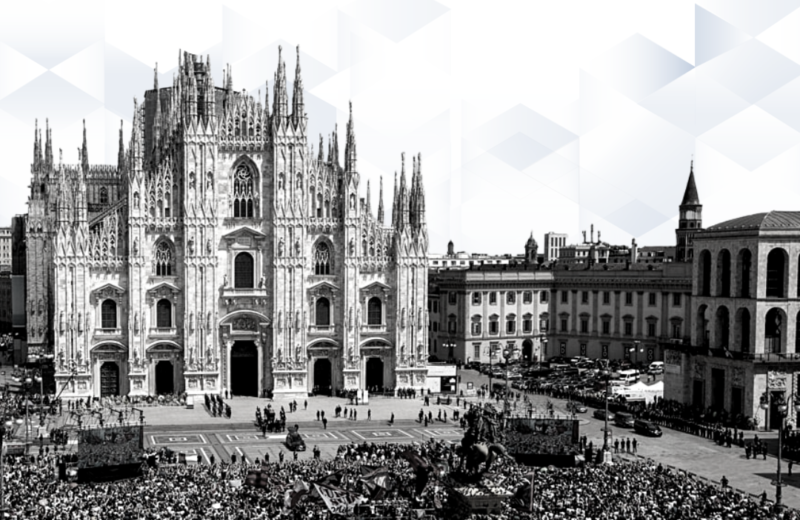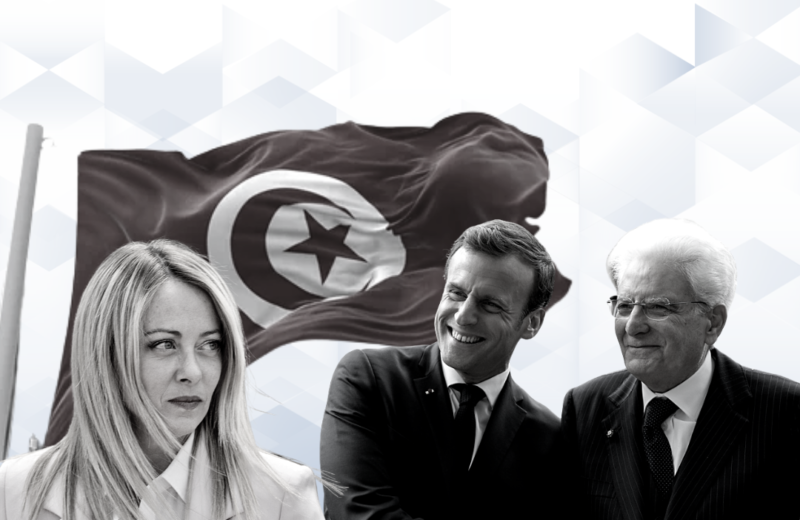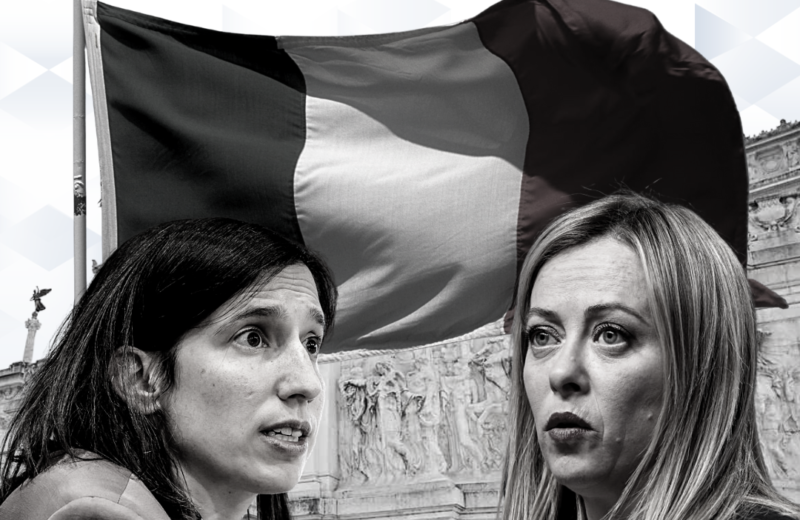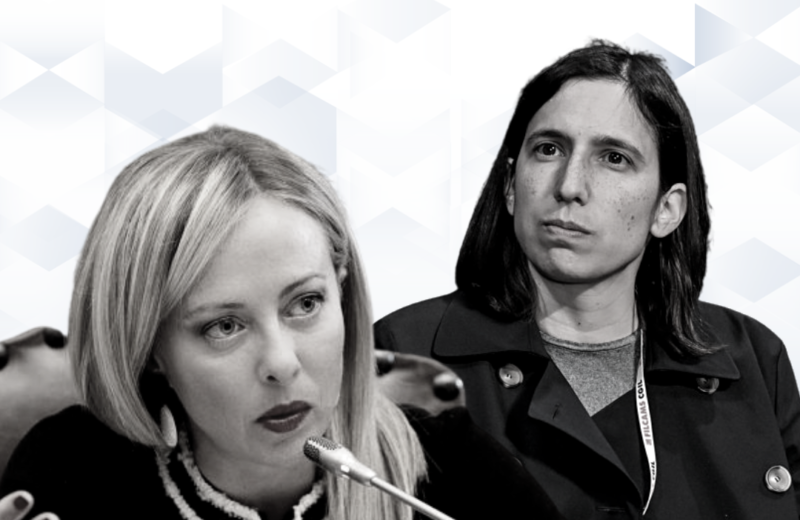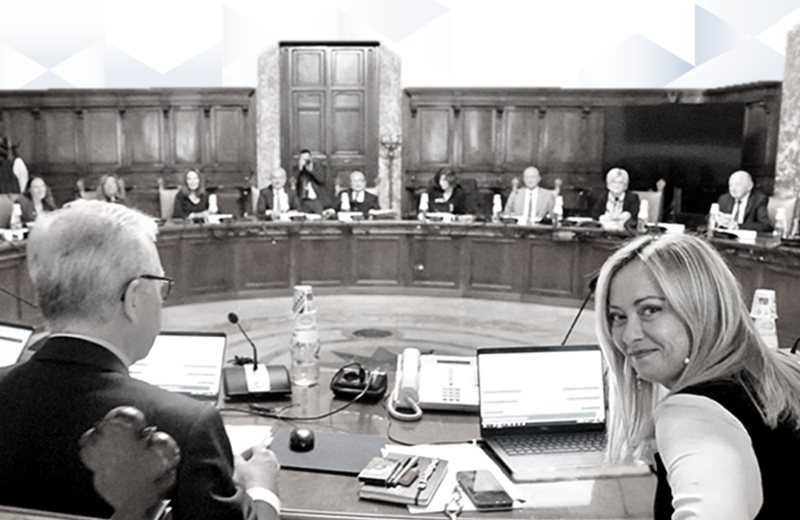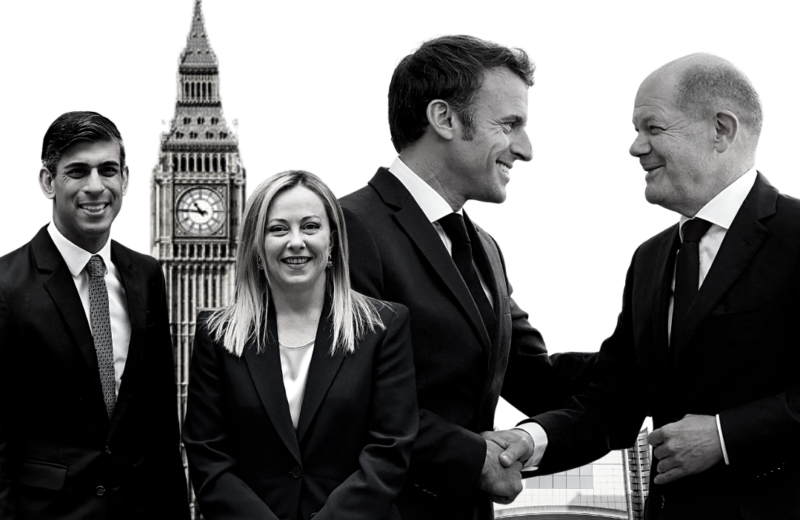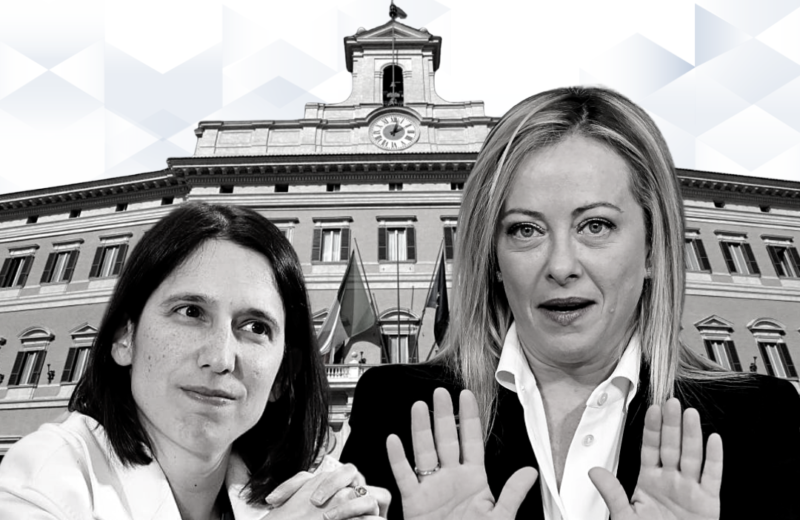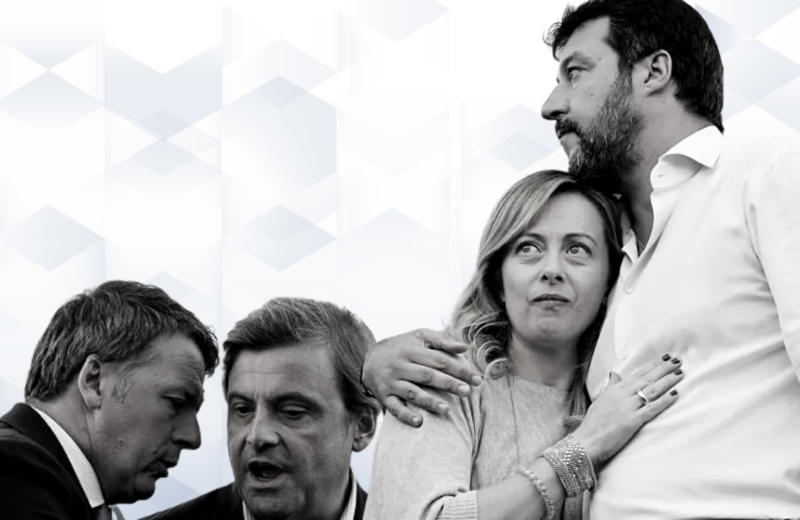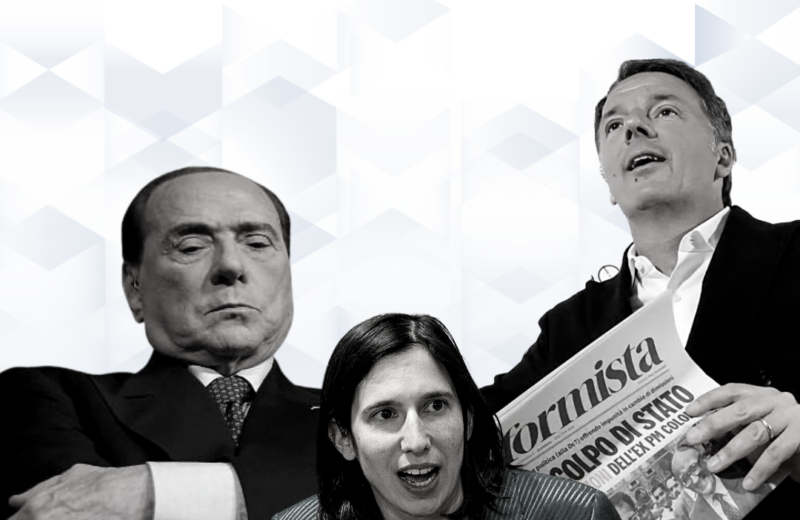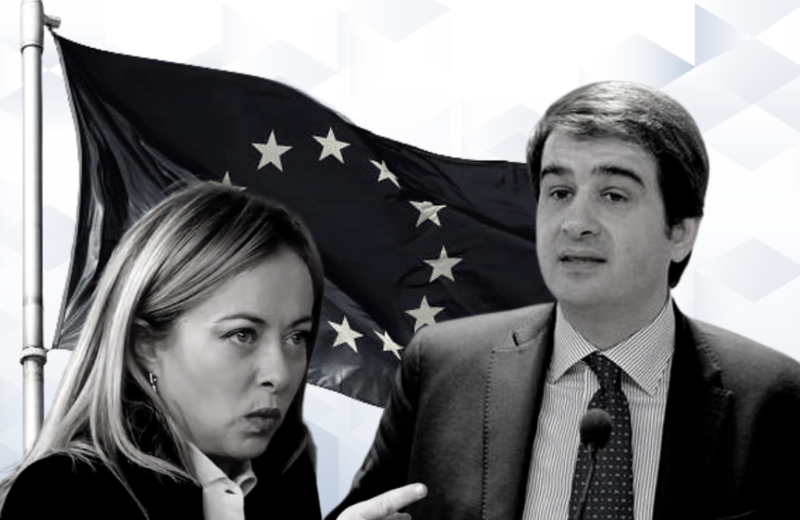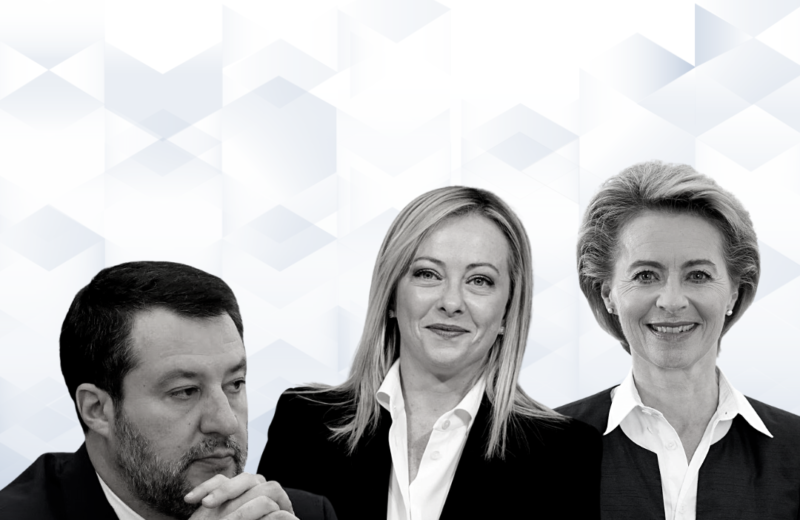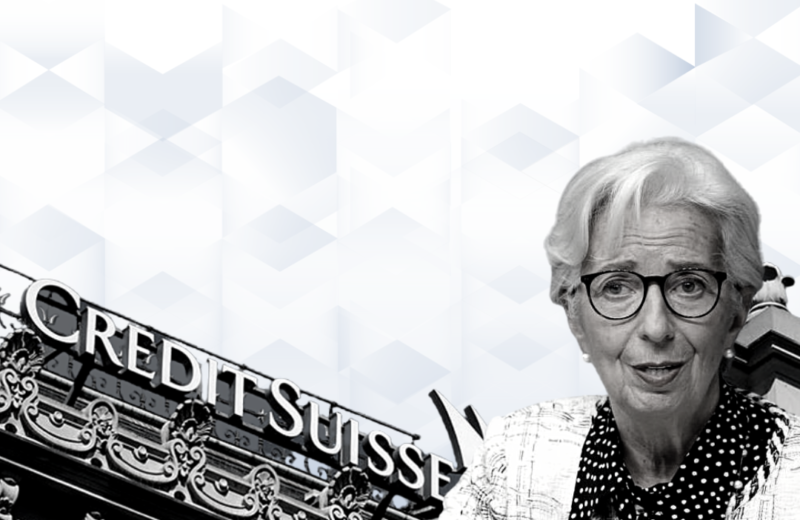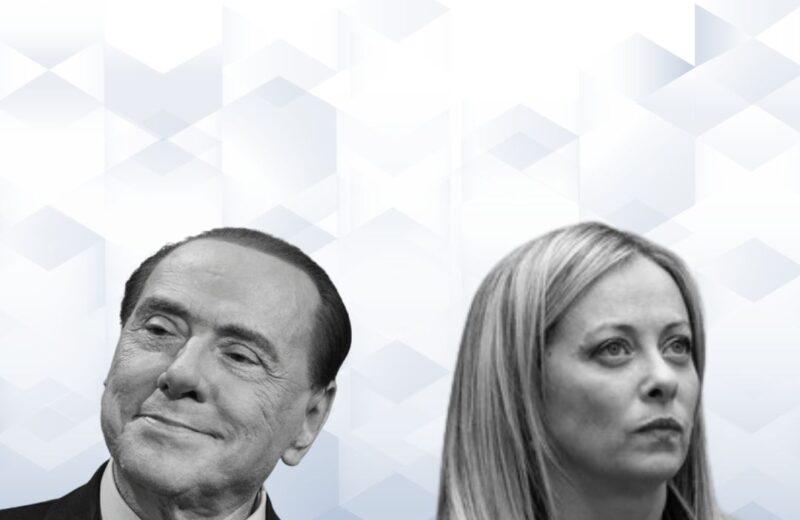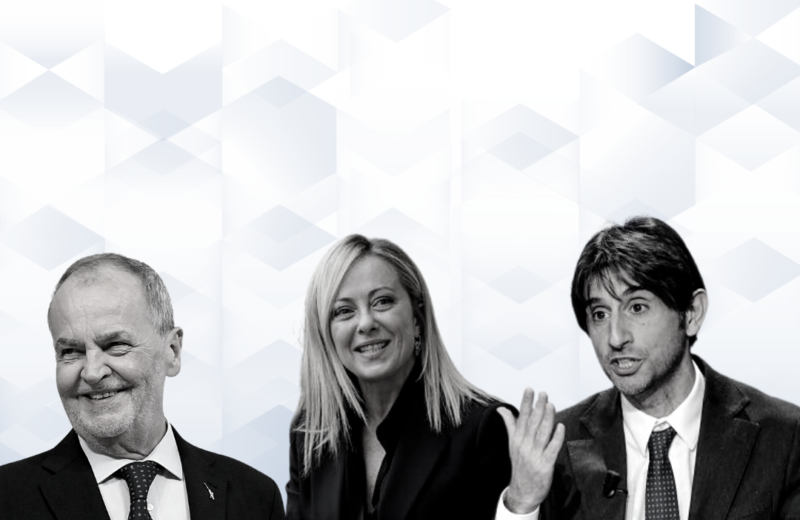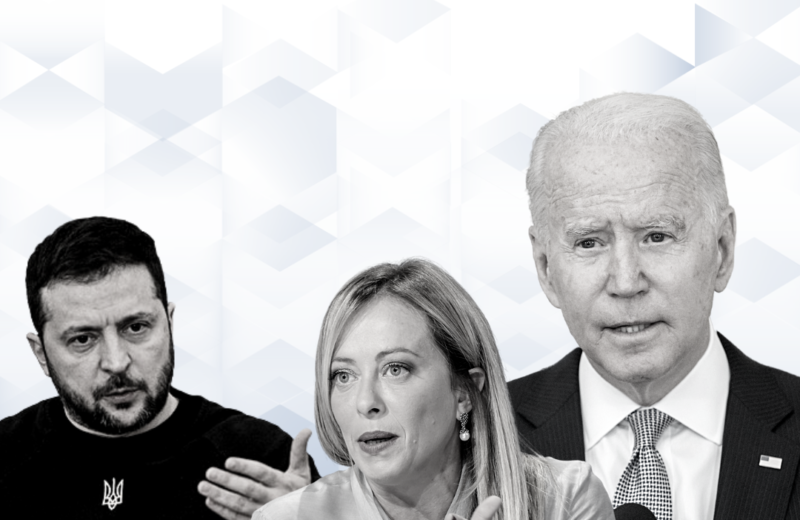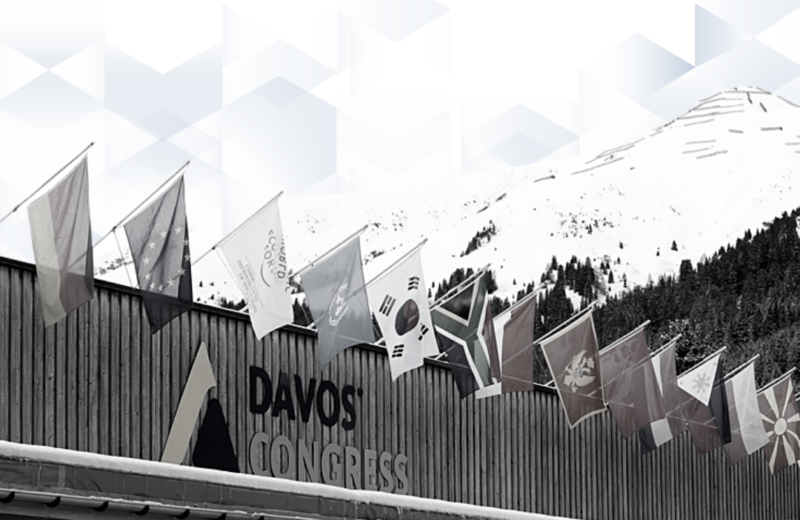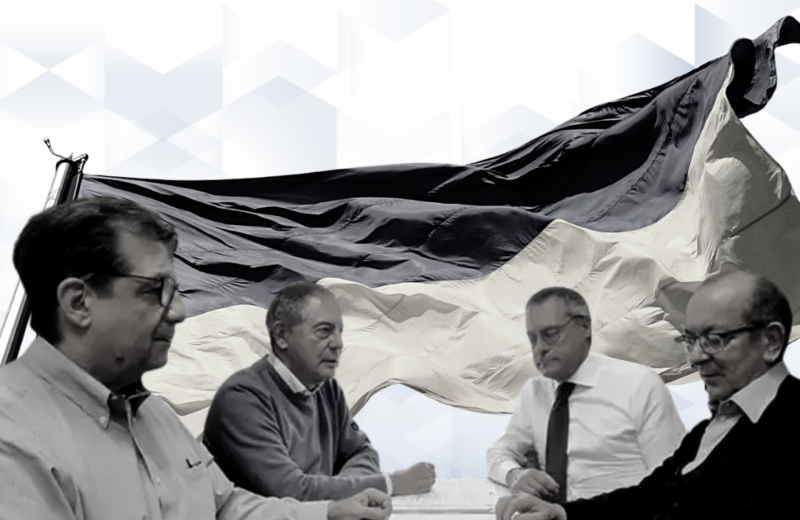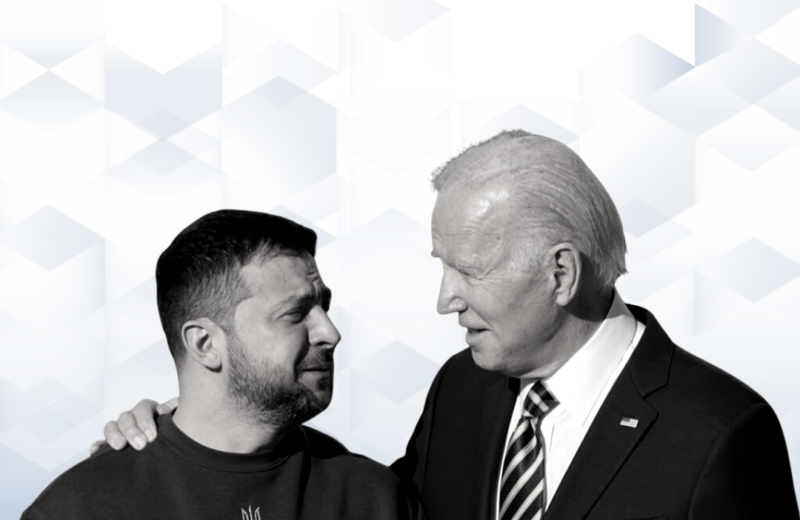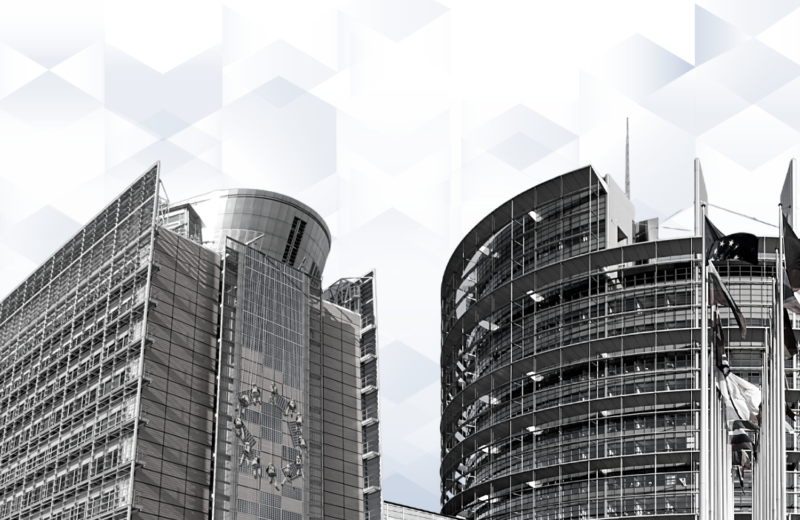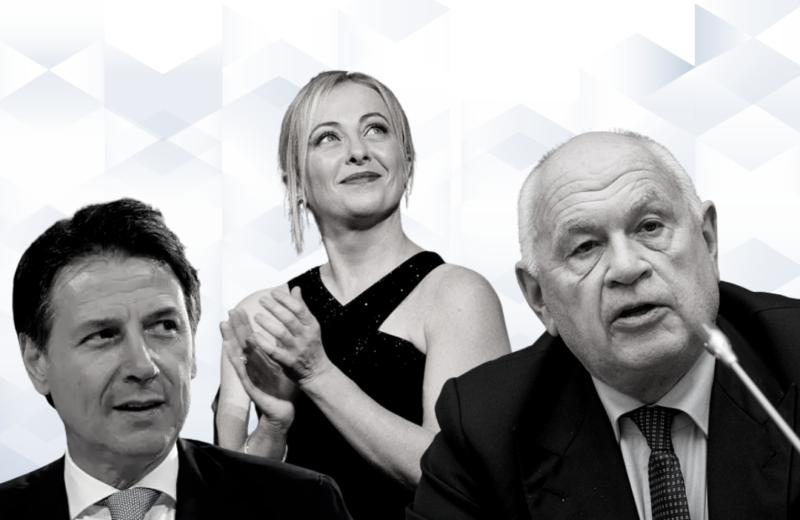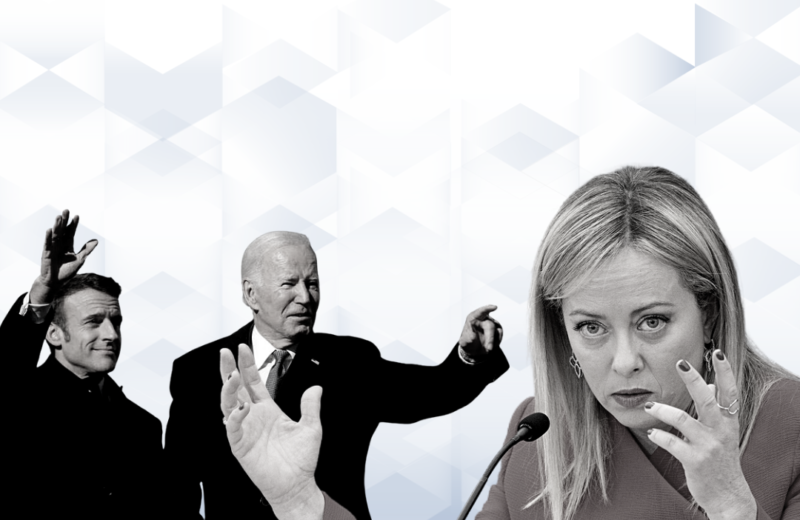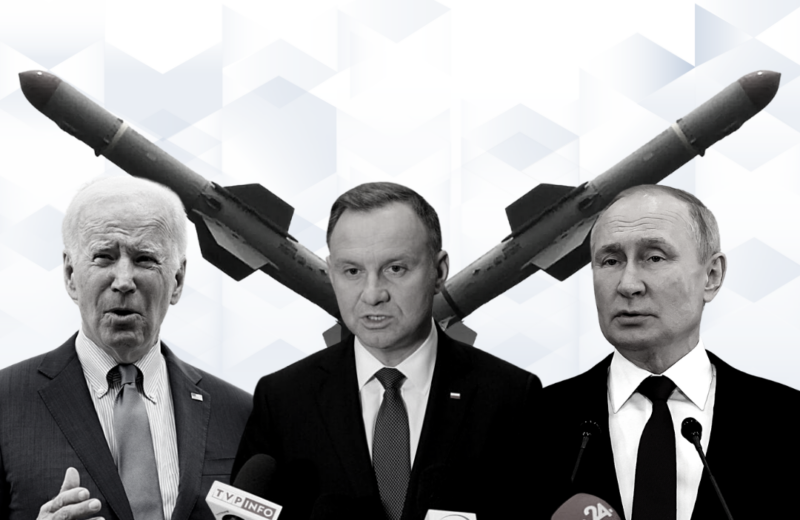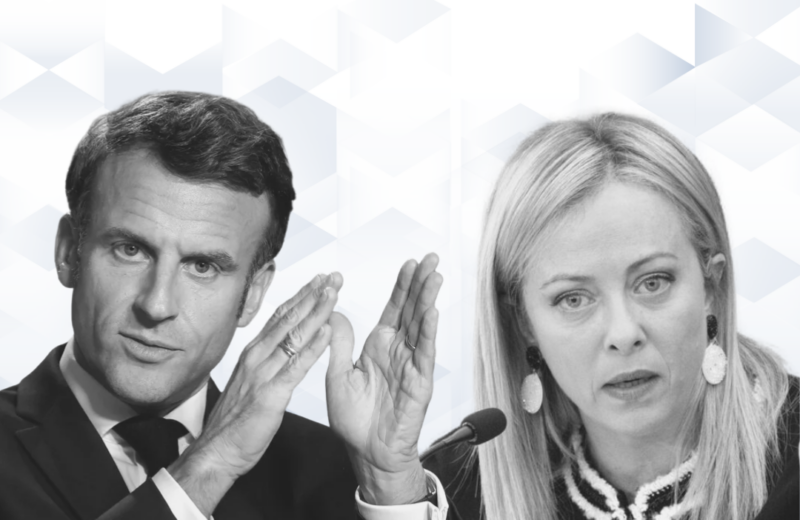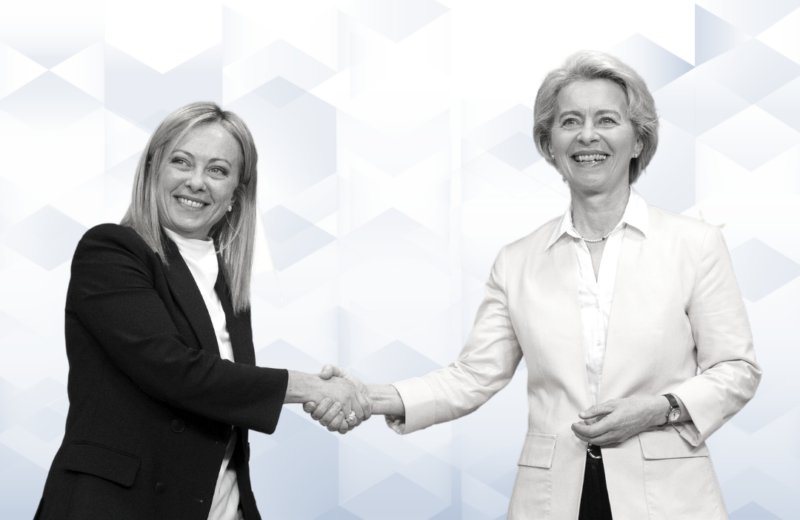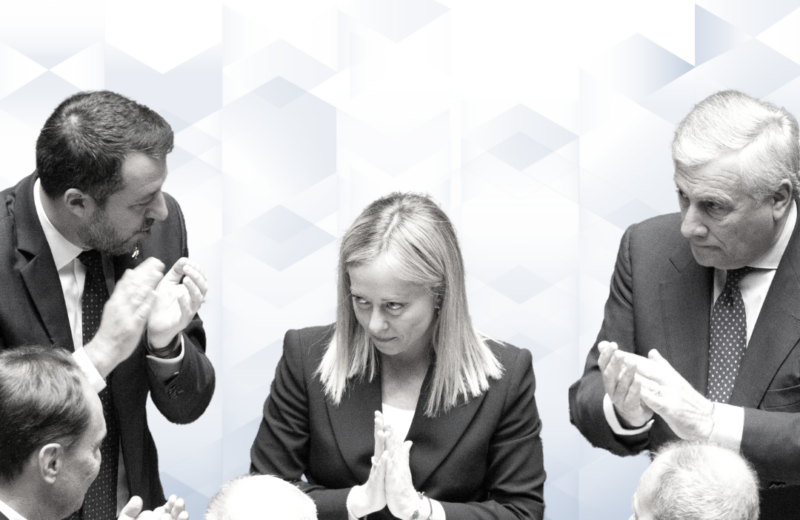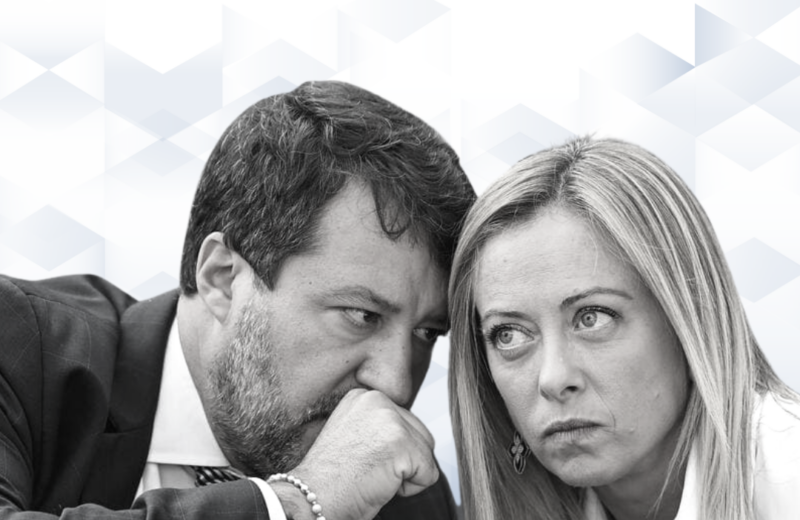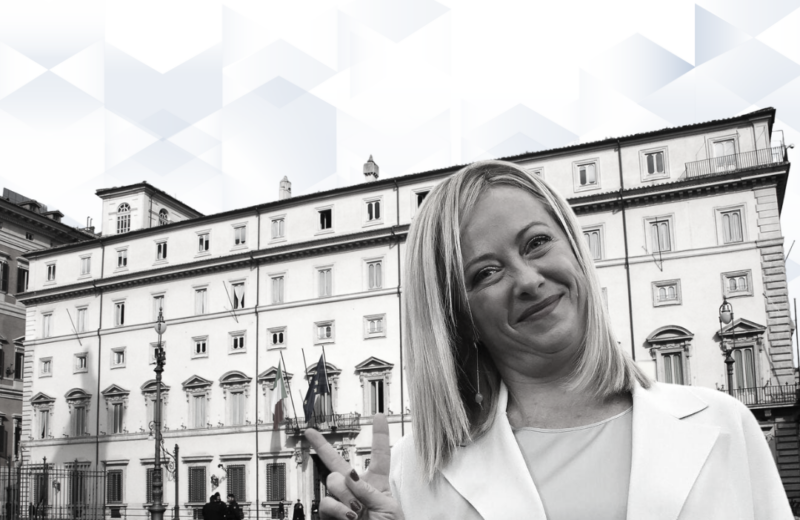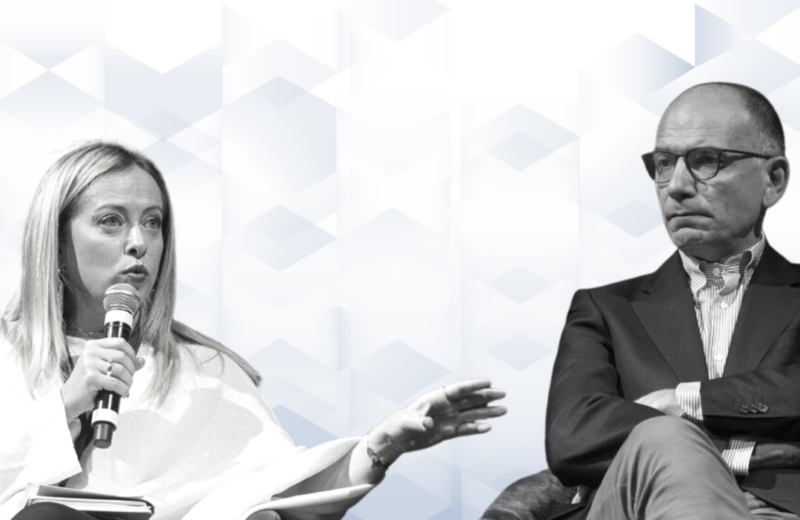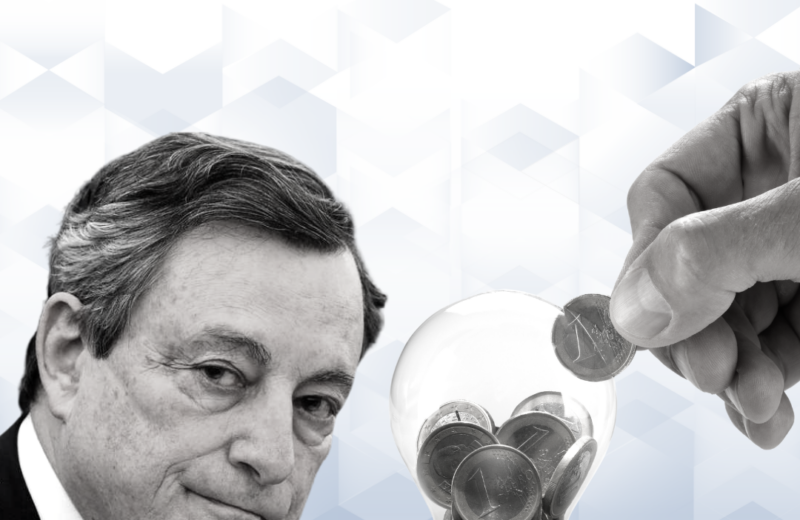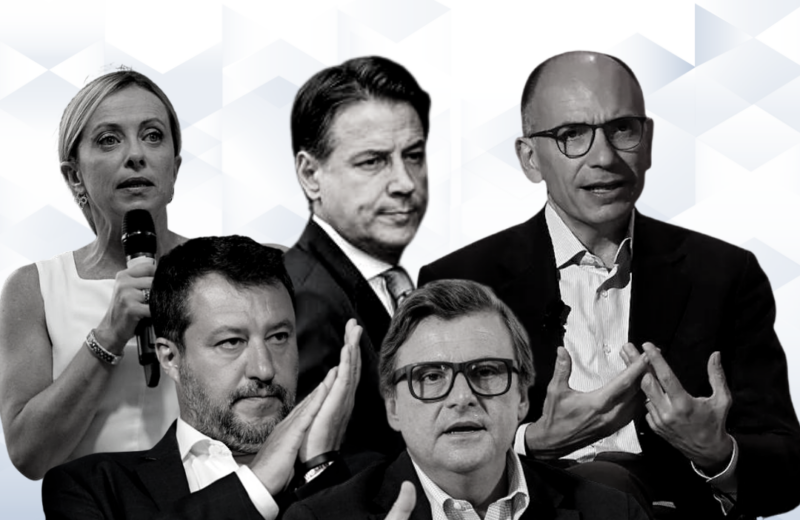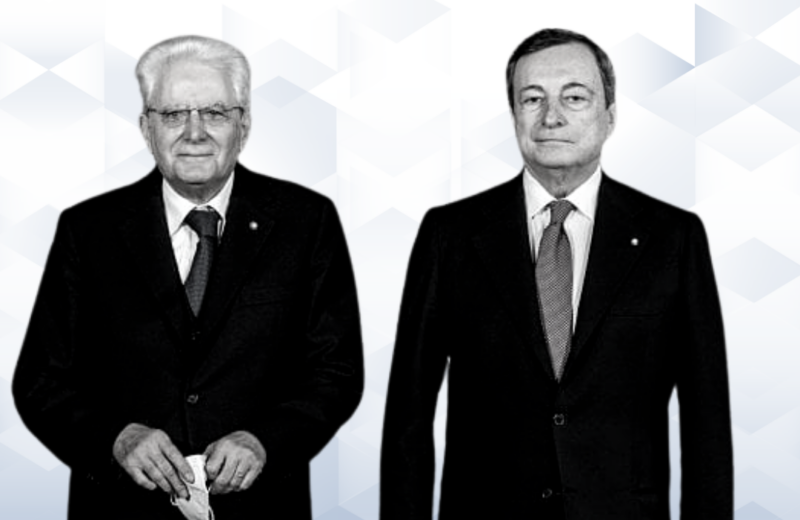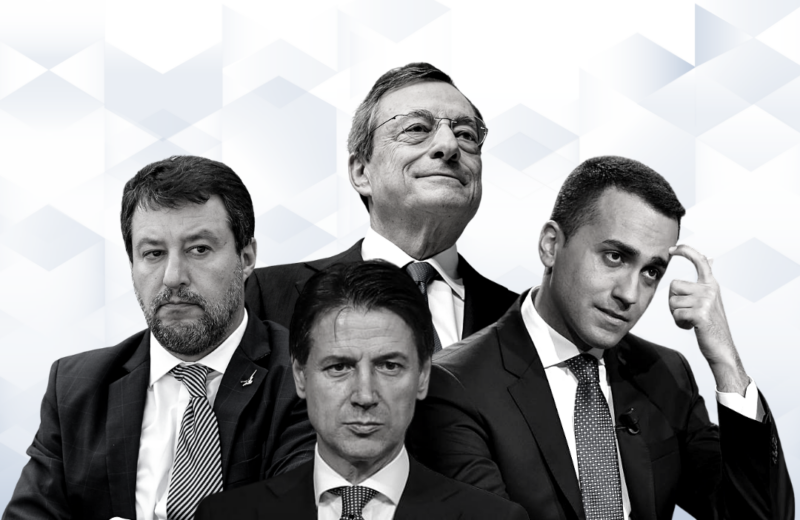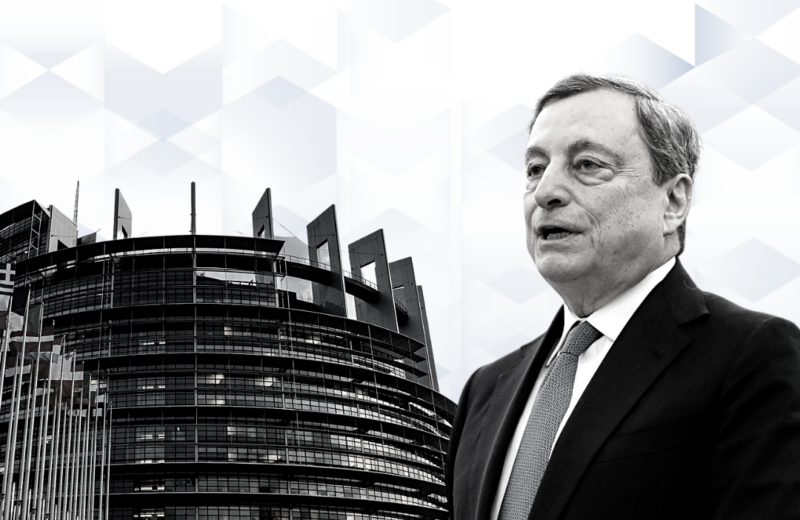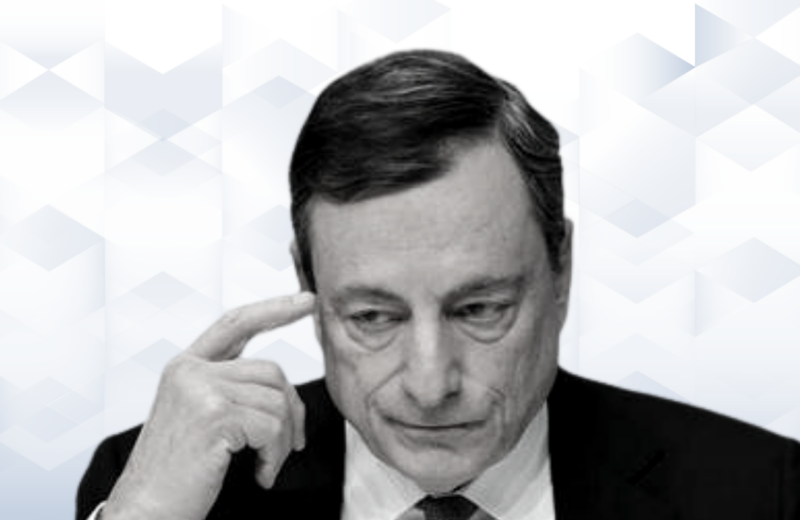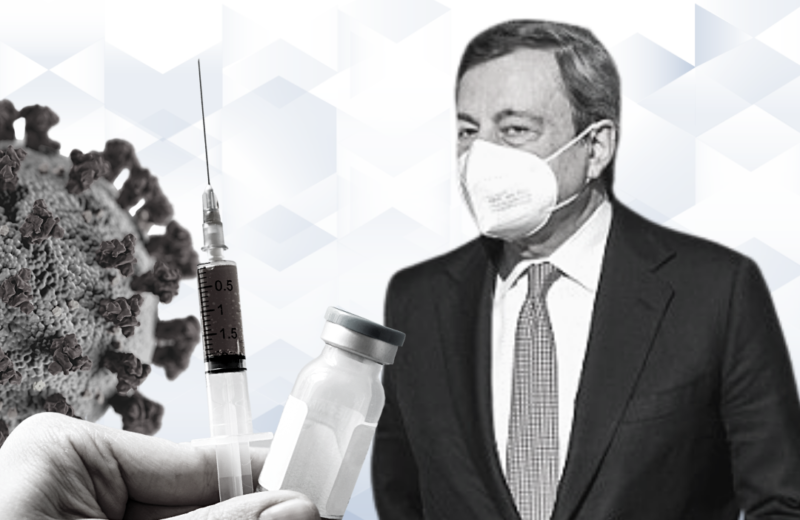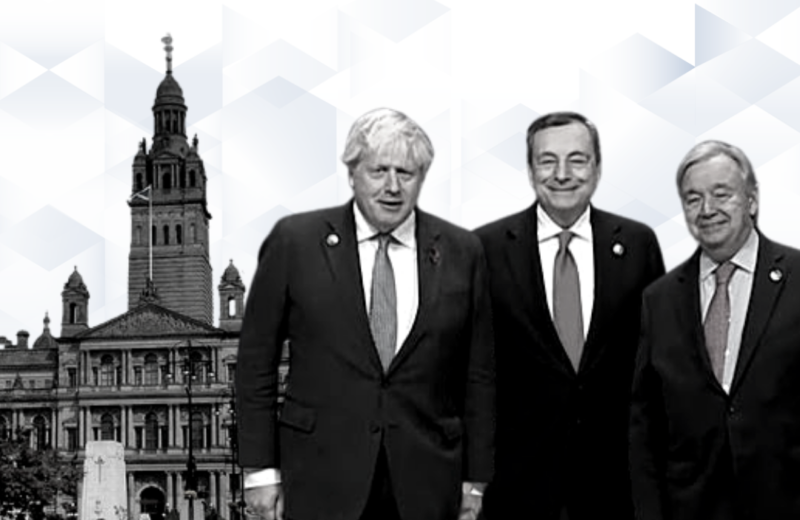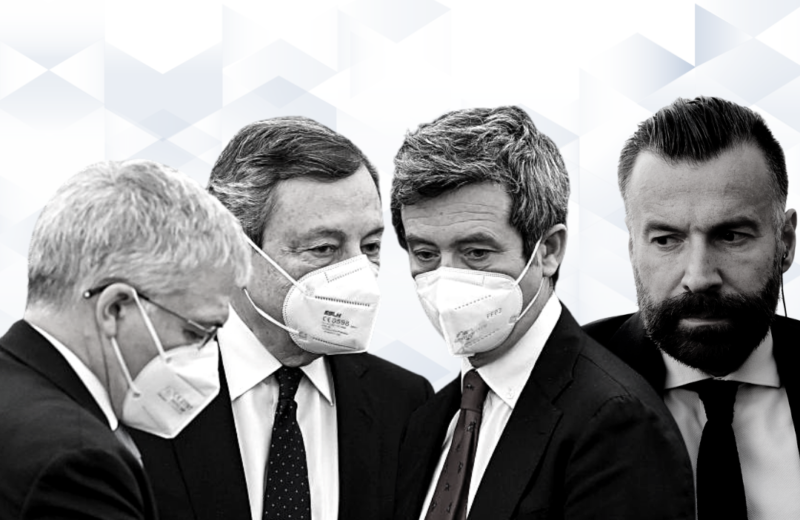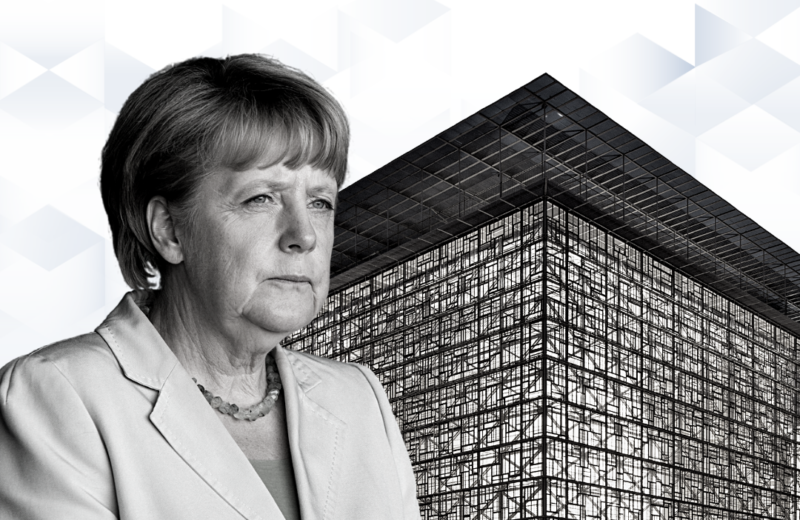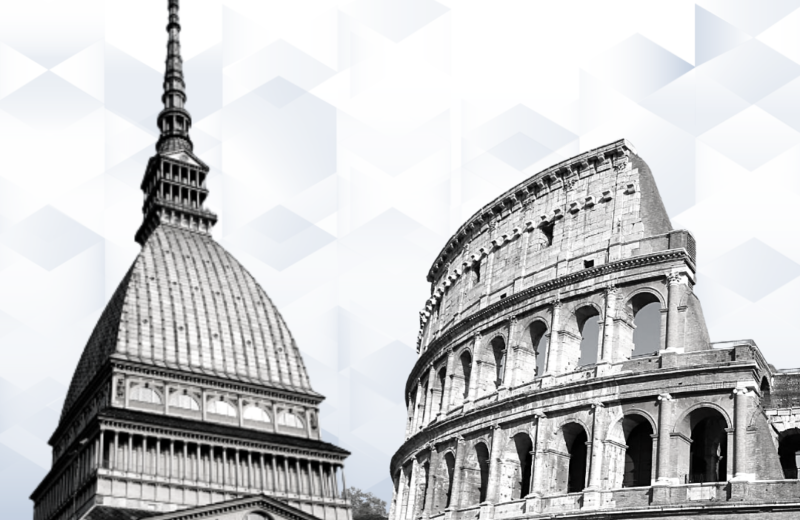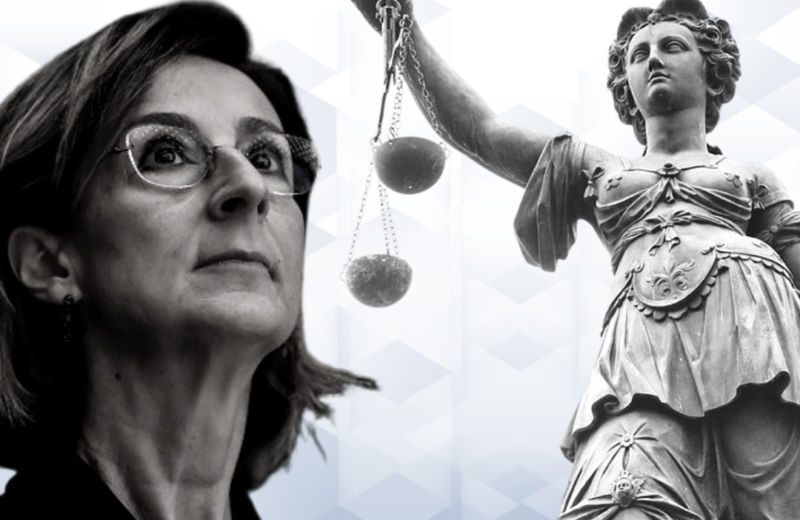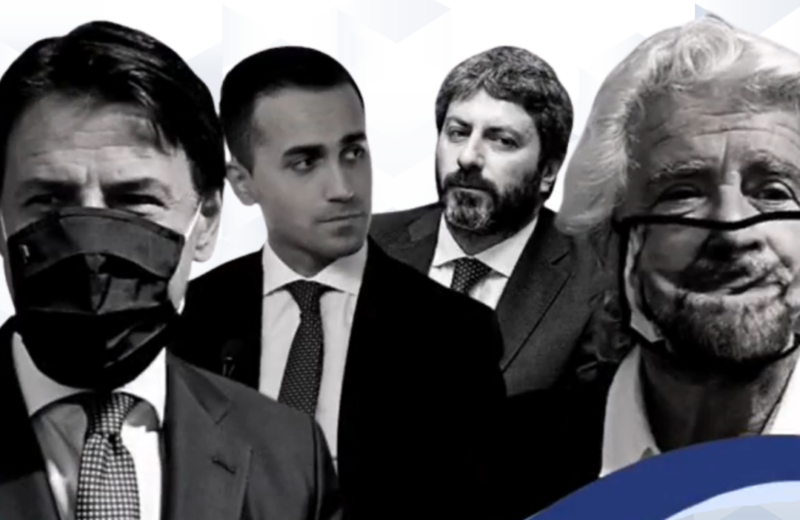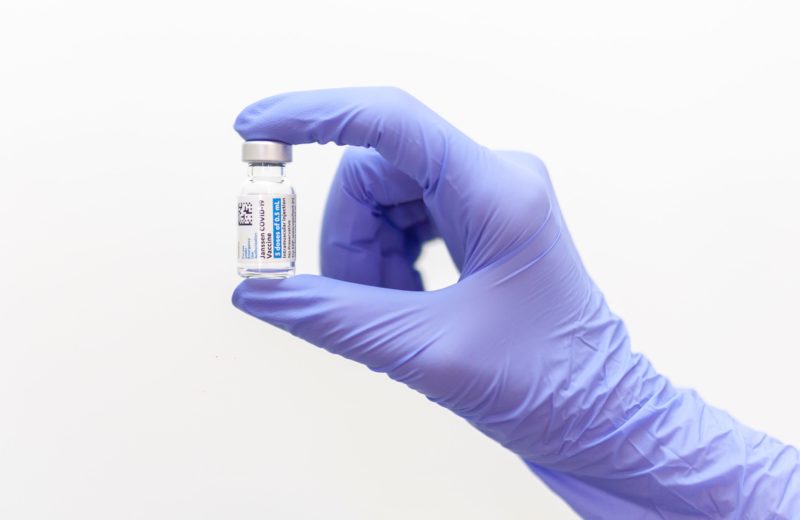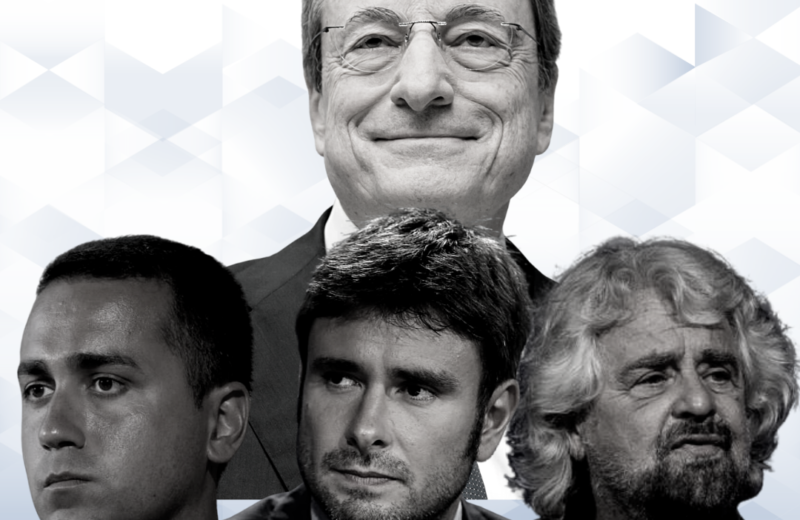No love songs are sung in Europe
While Italy is stuck to the screens to follow the Sanremo grand gala where great loves found or reunited dominate almost every song, the eyes and ears of politics are focused on Brussels where the European Council, the body that brings together the European heads of government, has met. If a song played at the summit, it would speak of a love that was never born, suffered and fought to the point of being uncomfortable: the one that never bloomed between Italian Prime Minister Giorgia Meloni and French President Emmanuel Macron.
An entente on paper that in reality manifests itself as a diplomatic clash. Complaining is the leader of Fratelli d’Italia, who considered «inappropriate» the invitation to Paris, on the eve of the summit in which the same leader was to participate as a “special guest”, of Volodymyr Zelensky for a restricted meeting to which the German Chancellor Olaf Scholz was also added. Meloni’s accusation is that of weakening Europe: ‘So far the whole secret and effectiveness of the European reaction to the war has been unity, we are all making sacrifices and instead in this way all this work is being weakened’. Commission President Ursula von der Leyen and European Council President Charles Michel also took a similar view. Macron replied: «I wanted to receive President Zelensky with Chancellor Scholz, I think we were in our role», adding «Germany and France, as you know, have had a special role for eight years on this issue because we have also led this process together. I think it is also up to Zelensky to choose» for the diplomatic talks «the format he wants».
The clash between leaders occupied the front pages, overshadowing the other important issues on the Council table, first and foremost the migrant issue and the question of State aid to companies. On the first point, the Union reached an agreement on border control. The Council calls on the Commission to finance measures for the control of external borders and cooperation with countries of origin and transit. Among the demands of the twenty-seven were also border management projects including an integrated infrastructure package such as roads, control towers and electronic surveillance. Of walls, however, no mention. An important note, especially for Italy, is the reference to the specific nature of maritime borders, recognising the need to safeguard human lives and the need for enhanced cooperation in search and rescue activities.
An issue that of migration control is very close to Giorgia Meloni’s heart. The majority’s hope is to convert the Brussels sortie into numbers in the regional elections, extending the honeymoon that – according to the latest available polls – has lasted since the general elections. There are two regions called to vote to renew the regional council and elect the regional president, Lazio and Lombardy (voting on Sunday 12 from 7am to 11pm and Monday 13 from 7am to 3pm). In Lombardy, the main candidates will be the Lega governor Attilio Fontana (FdI, Lega, FI), Pierfrancesco Majorino of the PD (with the support also of M5S, Alleanza Verdi-Sinistra) and Letizia Moratti, former vice-president of the region led by Fontana and now supported by the Terzo Polo. In Lazio, the main names in the running are instead the former President of the Red Cross Francesco Rocca (FdI, Lega, FI), the outgoing councillor for Health in the Zingaretti junta, Alessio D’Amato (PD and Terzo Polo) and the Rai journalist Donatella Bianchi (M5S).
This weekend will also be important for the internal balances of the main opposition party to the government, the Democratic Party, for the choice of the two challengers to the secretariat in the primaries. Participating in the race are the president of Emilia-Romagna Stefano Bonaccini, his former vice-president and MP Elly Schlein, MP and former Minister Paola De Micheli and MP Gianni Cuperlo. From the first available results, however, it seems clear that Bonaccini and Schlein will go into the primaries. Again, they will not exactly be love songs.
